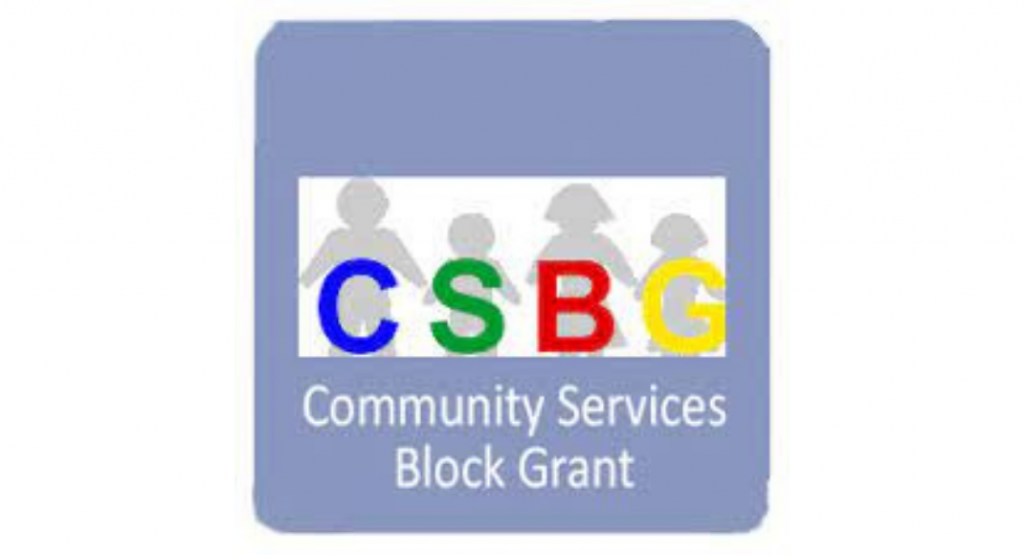
In Reauthorizing the CSBG Program, Congress Should Retain Its Charitable Choice Provision
The Community Services Block Grant (CSBG) program funds Community Action Agencies and other organizations that provide services to lift up low-income persons and neighborhoods. When it was reauthorized in 1998, Charitable Choice language was added to ensure the equal eligibility of faith-based organizations to apply for these federal funds. However, the current bill to reauthorize the program, H.R. 5129, proposes to take out Charitable Choice, leaving just a short statement prohibiting government from requiring a religious organization to change its form of internal governance. But, for reasons of precedent and because CSBG should be seeking to involve more faith-based organizations, not discourage their participation, Charitable Choice ought to be retained.
The first federal legislation to include Charitable Choice was the welfare reform bill signed into law by President Bill Clinton in August, 1996. Charitable Choice sets out clear legal standards for the participation of faith-based organizations in federal funding, replacing the inconsistent and unclear requirements that had been developed when, in earlier years, the U.S. Supreme Court had maintained a strict-separationist no-aid to religion interpretation of the First Amendment. The Charitable Choice provision requires government to neither favor nor oppose faith-based applicants, protects the religious character of religious organizations that receive federal funds, and protects beneficiaries from religious discrimination and coercion. Clarity of protections and requirements is important if faith-based organizations are to have an equal opportunity to partner with government. By the 1990s, more and more Washington policymakers and policy analysts had come to realize how well—and uniquely—many faith-based organizations serve persons and communities.
That logic led Senator Dan Coats (R-Indiana) to propose that Charitable Choice language be added to the CSBG program when it was reauthorized in 1998 via the Human Services Reauthorization Act of 1998. Co-sponsors of the bill included Senators Ted Kennedy (Massachusetts) and Chris Dodd (Connecticut), two liberal Democrats. President Bill Clinton signed this bill into law, too, as well as two bills in 2000 that added Charitable Choice to the drug treatment programs administered by the Substance Abuse and Mental Health Services Administration of the Department of Health and Human Services.
That logic led Senator Dan Coats (R-Indiana) to propose that Charitable Choice language be added to the CSBG program when it was reauthorized in 1998 via the Human Services Reauthorization Act of 1998. Co-sponsors of the bill included Senators Ted Kennedy (Massachusetts) and Chris Dodd (Connecticut), two liberal Democrats. President Bill Clinton signed this bill into law, too, as well as two bills in 2000 that added Charitable Choice to the drug treatment programs administered by the Substance Abuse and Mental Health Services Administration of the Department of Health and Human Services.
The Institutional Religious Freedom Alliance submitted a written comment to the Subcommittee on Civil Rights and Human Services of the House of Representatives’ Committee on Education and Labor, which on November 3, 2021, held a hearing on H.R. 5129. In our comment, we argued the opposite of the legal services organization’s position. Regulations are inherently less stable and permanent than statutory language and thus regulations modeled on Charitable Choice are not an adequate substitute for CSBG language that itself incorporates Charitable Choice. Further, the current CSBG Charitable Choice provision is much more extensive and clear than the proposed single-sentence substitute. And, if there are few faith-based organizations participating in the CSBG program, that is a signal not to attenuate the explicit protections for their participation but rather a strong indication that CSBG program officials should work hard to uncover the barriers that inhibit their participation despite the welcoming language.
Moreover, our comment said,
It is highly significant that it was by means of the action of a bipartisan group of prominent public leaders that emphatic and detailed language was added to the CSBG program to ensure an equal opportunity for faith-based organizations to become part of the Community Action effort. The current Congress should be no less demonstrably supportive of that inclusive intention and the Charitable Choice language.
As our society becomes more diverse in beliefs and values and government takes on a larger role in society, it is more important, not less, for the published rules governing federal programs and federal funds to clearly set out the protections for and the eligibility of faith-based organizations to partner with government to promote the common good.
